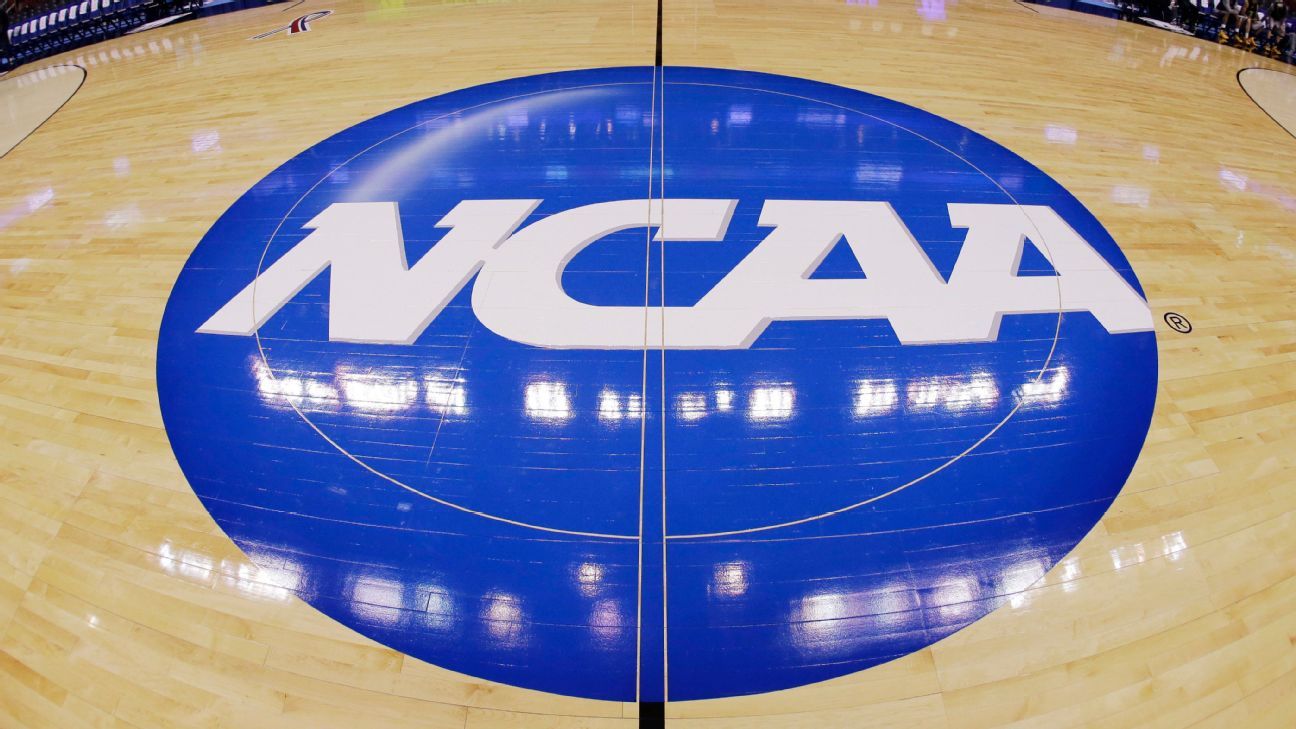
The NCAA has adopted proposals to speed up and modernize infractions rulings, while also implementing transfer windows for all sports that will begin immediately.
The NCAA board of directors met virtually Wednesday and approved three proposals, including the elimination of the Independent Accountability Resolution Process (IARP), implemented in 2019 following a recommendation by the committee on college basketball, as an alternate to the infractions committee for more complex cases, especially in the wake of the FBI’s college basketball corruption investigation. In January, the NCAA board stopped referring cases to the IARP, which will be dissolved after the resolution of five remaining cases.
Only one IARP case, involving NC State basketball, has been closed since its formation, while cases continue involving basketball programs at Memphis, LSU, Louisville, Kansas Jayhawks and Arizona.
“The number of cases referred to the independent process was greater than initially anticipated, which has prolonged case timelines and required significant resources to bring those cases to resolution,” the NCAA wrote in a news release Wednesday.
The NCAA board believes a more transparent and active peer-review process for infractions cases will expedite resolutions, by encouraging members to self-report violations and move only the most serious cases to the infractions committee. The infractions process will include more clarification on head coach responsibilities and involvement of university leaders in investigations, as well as standards for NCAA enforcement staff to charge member institutions.
The board also approved major changes to the appeals process for infractions cases, including resolutions mostly through written records instead of oral arguments, and limiting penalty appeals only to rulings that “fall outside legislated penalty guidelines.”
The peer review and appeals changes will go into effect Jan. 1, 2023.
“These changes to the overall infractions process will accelerate the timelines for infractions cases,” Jere Morehead, University of Georgia president and chair of the NCAA’s board of directors, said in a statement. “With the adoption of the new constitution in January, NCAA members committed to resolving cases fairly and in a timely fashion, thus holding those responsible for violations accountable and avoiding penalizing those who were not involved in rule-breaking.”
The board also approved 45- and 60-day windows for first-time athletes wishing to transfer to notify their schools and not lose a year of eligibility. The windows include exceptions for athletes who go through head-coaching changes, or have their scholarships reduced or canceled. The board considered but did not approve a proposal that would have allowed unlimited transfers with immediate eligibility.
A 45-day transfer window for fall sport athletes will open the day after championship selections are made, or from May 1 until May 15. The window includes “reasonable accommodations” for FBS and FCS players competing in championship games. Athletes in basketball and other winter sports will have a 60-day transfer window, beginning the day after championship selections are made, and spring sports athletes will have windows from Dec. 1 to Dec. 15, as well as a 45-day window beginning the day after championship selections are made.
The NCAA board also decided that athletes who transfer will be guaranteed financial aid through graduation at their destination school.
“Like their peers in the general student population, college athletes choose to transfer for any number of reasons,” Morehead said in a statement. “We believe the changes enacted today enable member schools to adapt to students’ needs, while also positioning students for long-term academic success. These changes to NCAA rules recognize further study is needed on graduation rates before we consider authorizing multiple transfer opportunities with immediate eligibility. We will continue to review potential modifications to transfer rules as the landscape evolves over time.”
